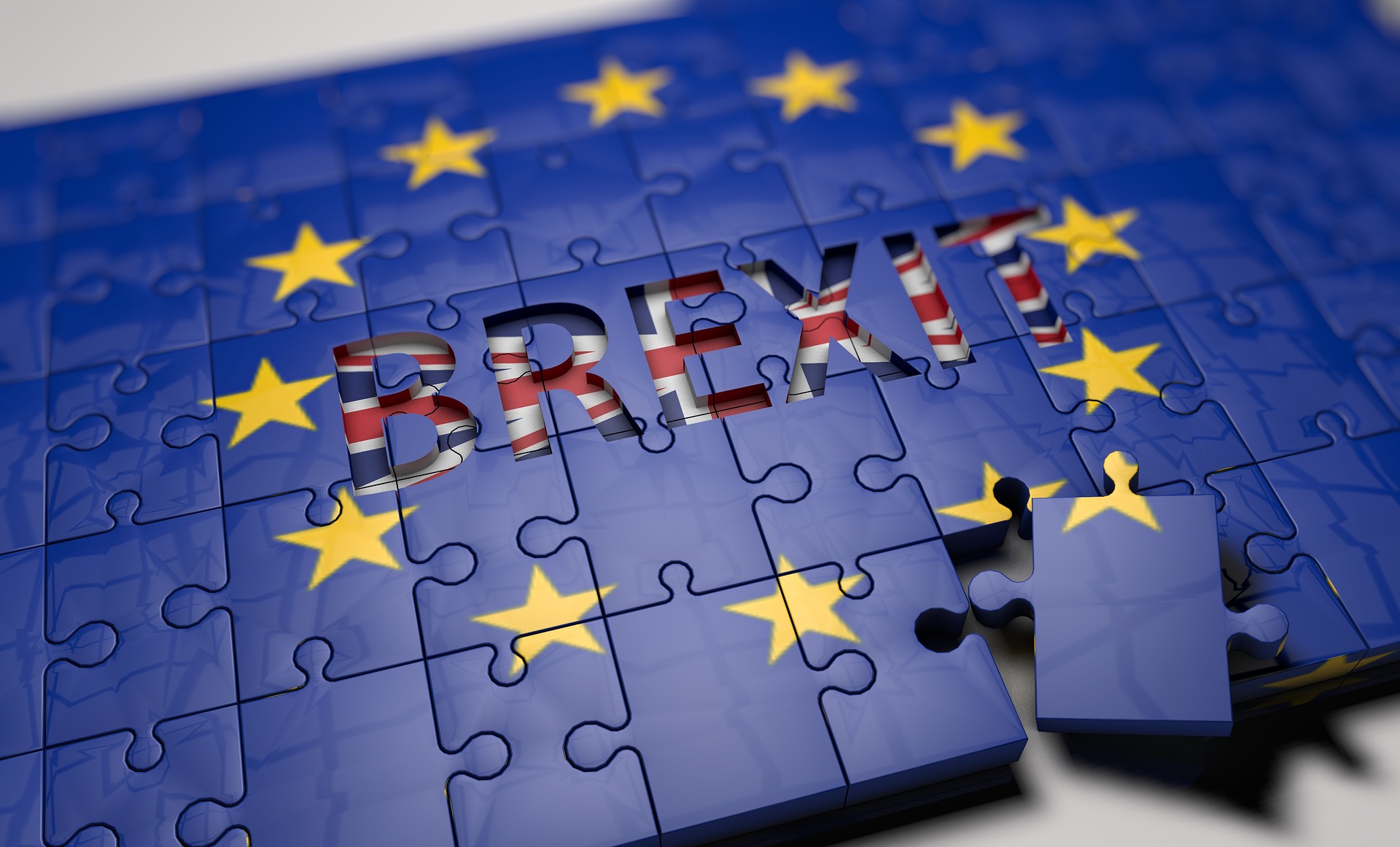Brexit: When An Irresistible Force Meets And Immovable Object?
Brexit interests and intrigues in equal measure as it dominates the headlines. In recent weeks, however, there has been a shift in the mood as reality begins to bite.
Making The Case
Report after report and government statement after government statement make the case for Brexit but in doing so show a shifting resolve. Government ministers produce flurries of papers to explain how issues will be dealt with but repeatedly raise more questions than answers.
The main arguments focus on the development of a special relationship between the United Kingdom and the European Union in the years after Brexit. The greater the argument, however, the more it highlights that what will come afterwards may look a lot like what was there before.
Some technical arrangements and names will change but the substance of what is already in place is likely to be copied into any future agreement. Government highlights the finality of the Brexit decision but stresses the need to work closely with the European Union and retain access to its markets and other benefits.
The idea of a harsh Brexit characterised by cutting ties with Europe and signing trade deals with countries around the world is becoming increasingly delayed. Recent thinking suggests the need to stay close to Europe and even closer to its profitable market of hundreds of millions of wealthy citizens.
A New Direction
From the confusion of recent months the direction of travel has shifted from a position of unilateral independence to multilateral interdependence. Such change is not, of course, explicit but the nuance of recent language reflects the transition as negotiations progress in a painfully slow manner.
Everything from free trade to the single market to the role of the European court is discussed although the original ‘Brexit means Brexit’ hard-line stance lessens with each official utterance. Even the central argument on immigration is weakened as evidence shows a greater threat from the loss of skilled people who, as taxpayers, make a substantial contribution to the economy.
The avalanche of information now available to the public undermines many of the arguments put forward by those who opted to leave at the time of the vote. There remains, nevertheless, genuine concern amongst a minority of those in favour of leaving even though a sober review of the facts would allay many fears.
Government too must review its position, not least because the core argument on immigration has been diluted to the point of defeat. Ultimately, however, the desire to work with the European Union and within its lucrative markets will triumph, as a relationship of accommodation will be agreed to avoid economic shocks on both sides.
So, when the irresistible force of Brexit meets the immovable object of reality there can be only one winner, no matter how slow or sloppy the deal.




